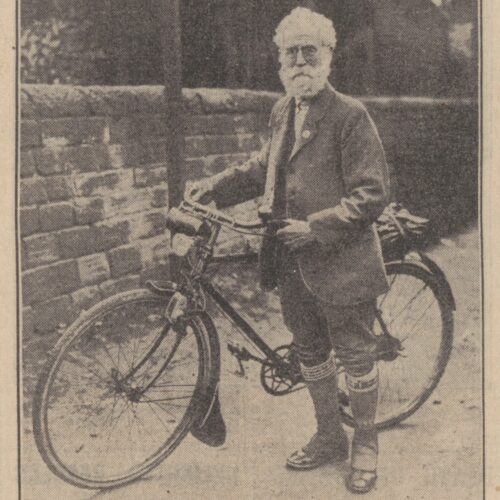

Mr. Fysher was in many respects a remarkable man. His interests were wide, and whatever he took up he carried on whole-heartedly.
‘A Notable Leeds Figure’ in The Leeds Mercury, 20 May 1931
On the death of Greevz Fisher in 1931, The Leeds Mercury mourned the loss of one of the city’s ‘best known and most distinctive personalities.’ Though he is little remembered today, Greevz Fisher and his wife Marie—both active secularists—ran the gamut of progressive causes. Fisher fought for the rights of ‘illegitimate’ children, and advocated access to birth control, at a time when both were seen as acute ‘dangers to public morality’. He was also an almost lifelong devotee of cycling, a proponent of healthy eating, and the inventor of a phonetic spelling system. Fisher was motivated by firmly held humanist values, and drew strength and inspiration from a network of fellow activists and freethinkers.
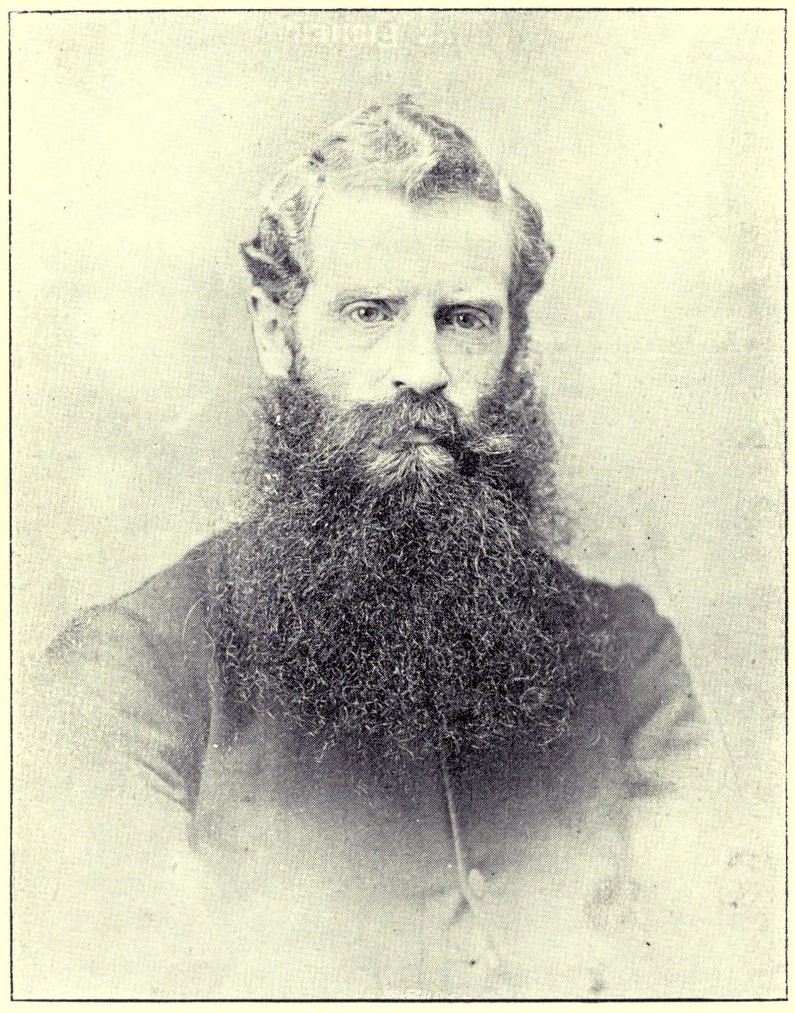
Born John Greeves Fisher in Youghal, Ireland in 1845, Greevz—fittingly given his propensity to stand out, and in line with his preferred system of phonetic spelling—adopted the ‘z’, and later began spelling his surname ‘Fysher’. The creator of a successful soap-based grease, Fisher’s mind whirred with invention. In addition to spelling reform, he promoted a ‘perpetual kalendar’, and a device for printing reading material for the blind. In matters of religion he was unabashedly freethinking. A declared atheist, Fisher met his wife—the irrepressible Marie Clapham—at a secularist meeting in Leeds. Marie was Yorkshire-born; Greevz had settled there in 1877, marrying Marie ten years later. Marie too was a self-confident freethinker, an advocate of women’s equality, and the first female President of the Leeds Philatelic Society. Her husband was active in the Yorkshire Naturalists, of which he was President in 1930.
The names of the couple’s five children give rich insight into their interests and admirations: a reading list for the 19th century freethinker. Their first son, Auberon Herbert, was named for the Hampshire-born philosopher and individualist, and their second, Wordsworth Donisthorpe, for the barrister, anarchist, inventor, and co-founder of the British Chess Association, alongside whom Fisher helped to form the Legitimation League. The Legitimation League—founded in Leeds in 1893—championed the rights of illegitimate children, who were discriminated against by Victorian laws and moral codes. It sought ‘to create a machinery for acknowledging offspring born out of wedlock and to secure for them equal rights with legitimate children’.
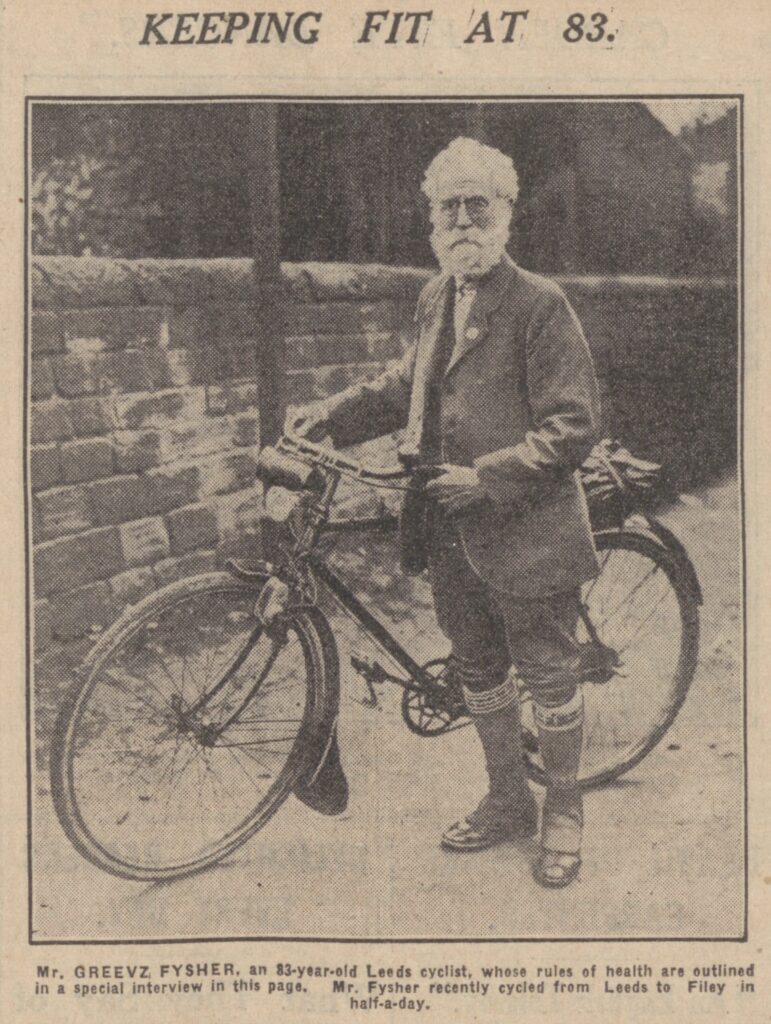
The Fishers’ third child was named for the interdisciplinary thinker, poet, social scientist, and atheist Constance Naden, whose humanist philosophy of a life based on reason and empathy was much aligned with the couple’s own. Their fourth child, Spencer Darwin, took the name of two pioneering evolutionary theorists and advocates of the ‘agnostic’ position in religion: Herbert Spencer and Charles Darwin. The name of their last child, Hypatia Ingersoll, was again a combination of two great favourites of 19th century humanists: the neoplatonist philosopher, astronomer, and mathematician murdered by Christians in 415 AD, and ‘the Great Agnostic’ Robert Ingersoll, best remembered for his remark that ‘the time to be happy is now, and the way to be happy is to make others so’. Hypatia was also the name given to the daughter of prominent English secularist Charles Bradlaugh, who might well also have inspired the Fishers’ decision. Hypatia Bradlaugh Bonner was a vibrant freethinker; a founder of the Rationalist Peace Society in 1910, and a Vice President of the Ethical Union (now Humanists UK).
Greevz Fisher died aged 85 on 18 May 1931. An obituary in The Leeds Mercury remembered him as a pioneering thinker, cyclist, and reformer, as well as an ardent naturalist:
I cannot let the death of Mr. Greevz Fysher, of Leeds, pass without a word of sympathetic comment. Mr. Fysher was in many respects a remarkable man. His interests were wide, and whatever he took up he carried on whole-heartedly. He was a pioneer wheeler, and his tricycle was often to be seen at a time when such a machine was looked upon as the merest freak. Later he took to the bicycle…
He was a great advocate of spelling reform, and his convictions extended to the reformation of his own name. His interest in science and various forms of natural history, was also pronounced, and even in advanced years, wherever the Yorkshire naturalists foregathered and made holiday, he was to be seen, leading, inquiring, exploring, and collecting with all the zest of youth.
He held individual views on most things, and was always ready to uphold them in debate. Truly a remarkable man, and full of vitality almost to the last, he will be missed by all who came in contact with him.
‘A Notable Leeds Figure’ in The Leeds Mercury, 20 May 1931
The activism of Greevz and Marie Fisher was based on humanist ideals of reason, compassion, and liberty, and they had a network of forward-looking thinkers far beyond the boundaries of their home. In taking a closer look at their lives, a vista of 19th century radicalism is illuminated.
William Hudson, Greevz Fisher of Youghal & Leeds: from Quaker to individualist and freethinker (2013)
A biographical sketch of Greeves Fisher, individualist anarchist, mechanical and linguistic innovator, cycling and health enthusiast by Christopher Draper | Union of Egoists
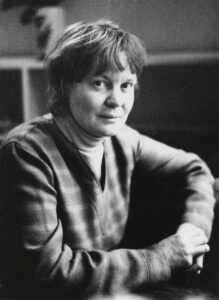
I don’t believe in God, but I think morality is fundamental to human life. Iris Murdoch in the Literary Review, […]
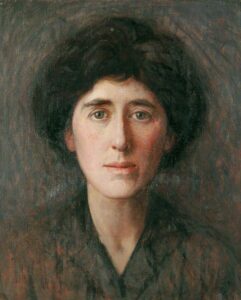
For many years a member of the Rationalist Press Association, and no longer associated with any church, she had devoted […]
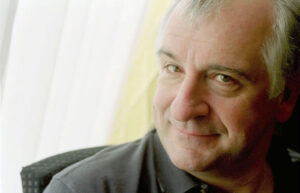
Isn’t it enough to see that a garden is beautiful without having to believe that there are fairies at the […]
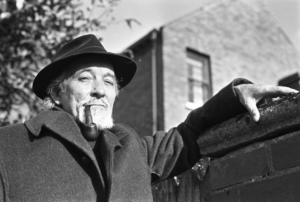
This conference is resolved to strive for the achievement of peace, justice and tolerance in Ireland, and holds that outmoded […]